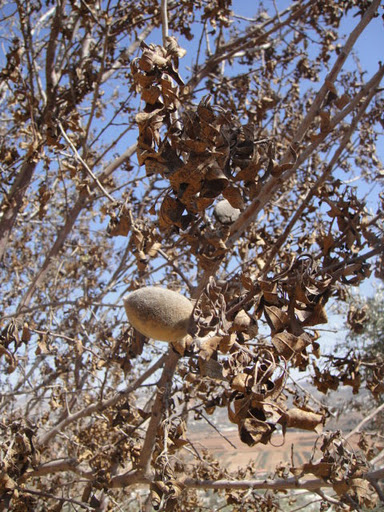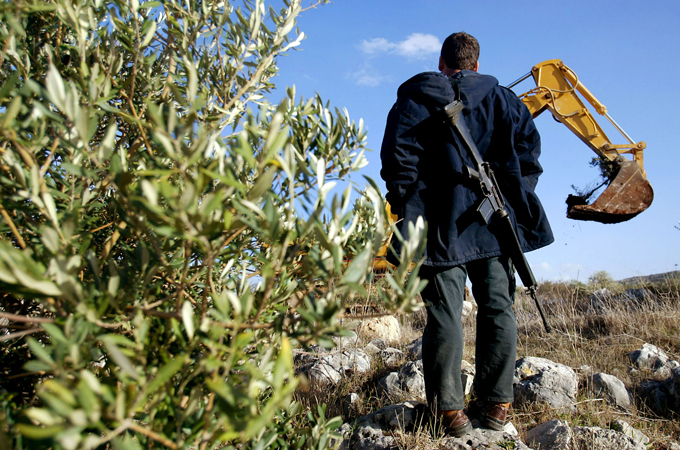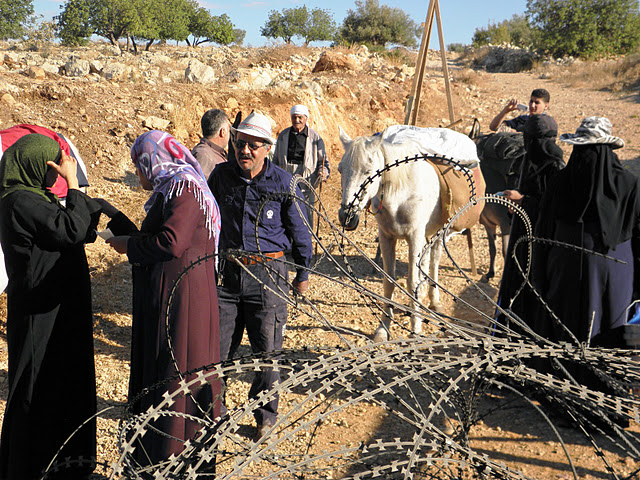Tag: Olive harvest
-
In Photos: Burin withstands settler violence
by Amal 9 November 2011 | International Solidarity Movement, West Bank In the past three years Burin has faced increased settler violence. This small village of approximately 3,000 people deal with a constant threat of settler attacks or Israeli army harassment. Three settlements surround Burin: Yitzhar, Bracha, and Givt Arousa. The residents of these illegal…
-
Al Jazeera: Resistance is fertile: Palestine’s eco-war
James Brownsell | Al Jazeera English After uprooting thousands of olive trees, Israel’s latest plantation may pose a fire risk to its own citizens. They come from across the planet and meet in the shadow of Israel’s 12m concrete wall. They strap olive saplings and water bottles to the back of a donkey, silent under its…
-
Nil’in: The solitary confinement of olive trees
by Aida Gerard 31 October 2011 | International Solidarity Movement, West Bank The selective Israeli permission system prevents many families from Nil’in from reaching their land behind the wall to pick their own olives as the olive harvest season nears its end. The families who received permissions have until the 10th November to pick their…



